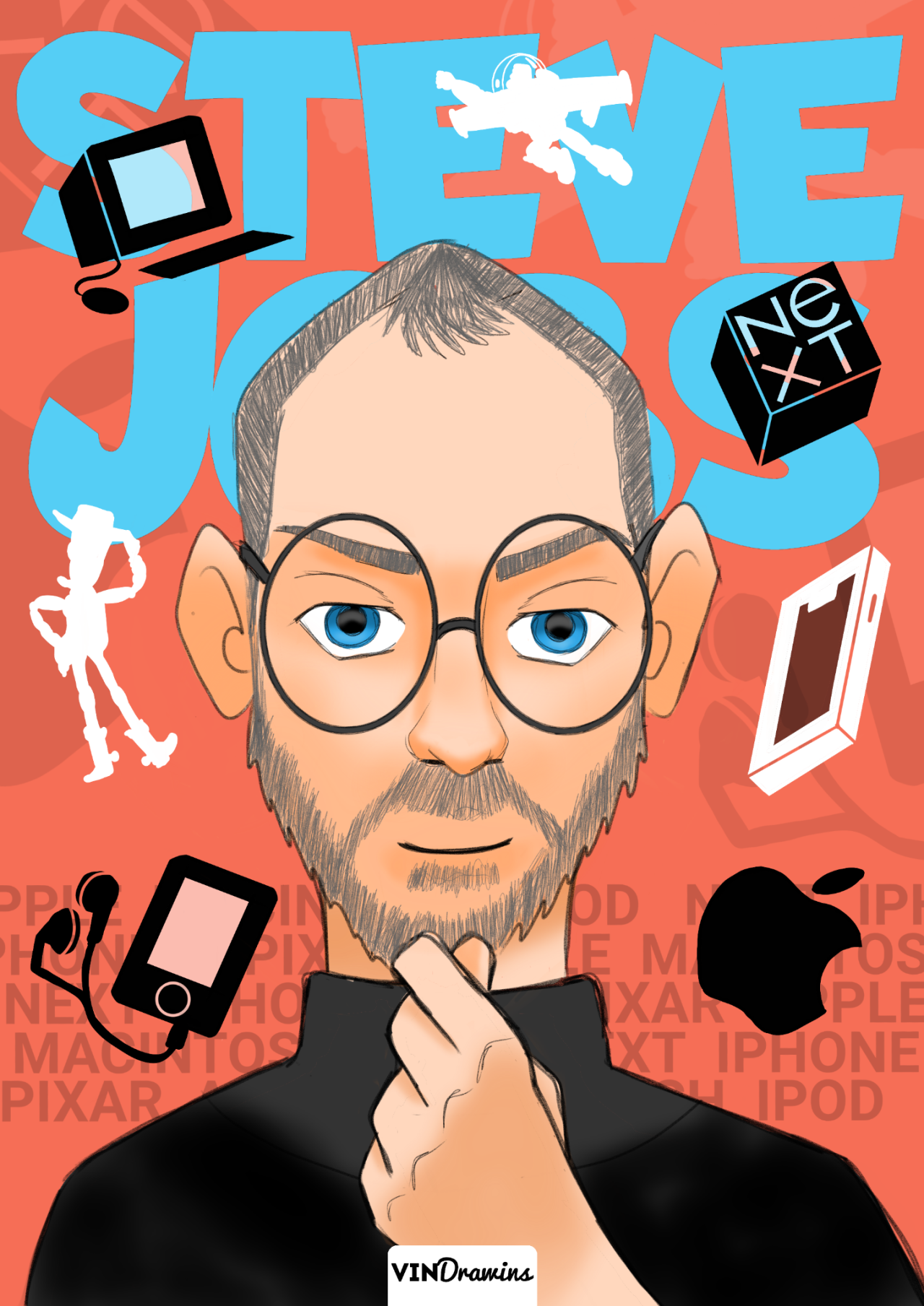Back
Only Buziness
Everything about Mar... • 8m
“Feel First, Act Fast: How Emotional Framing Experiments Shape Decisions” Emotional framing is the art of presenting the same message in different emotional tones to influence perception and action. Marketers run experiments to test which emotion drives the most engagement—fear, joy, curiosity, or urgency. For example, “Don’t miss out on this opportunity” (fear of loss) vs. “Imagine unlocking your full potential” (hope). The product stays the same, but the framing changes how the brain reacts. Emotional framing works because people make decisions emotionally first, then justify logically. Testing different emotional angles helps brands find what triggers the strongest response—and loyalty. From Only Buziness
More like this
Recommendations from Medial
Only Buziness
Everything about Mar... • 8m
“Same Facts, New Feeling: How the Framing Effect Shapes Customer and Audience Behavior” The Framing Effect is the idea that the way information is presented—rather than the facts themselves—can dramatically influence decisions. In business and media
See MoreOnly Buziness
Everything about Mar... • 7m
“Fear of Missing Logic: How Brands Turn Scarcity Into Seemingly Rational Urgency” Fear of Missing Logic is a cognitive shortcut where people justify irrational decisions based on the fear of being left out. It’s closely linked to FOMO (Fear of Missi
See MoreAditi
Will become a inspir... • 8m
It’s All in the Wording: How the Framing Effect Shapes What We Buy” The Framing Effect is a cognitive bias where people make decisions based on how information is presented rather than the facts themselves. In business, marketers use this to shape p
See MoreOnly Buziness
Everything about Mar... • 3m
The Framing Effect shows how the same fact can feel entirely different depending on how it’s presented. When a brand says “95% success rate,” customers feel confident — but if it says “5% failure rate,” they hesitate, even though both mean the same.
See MoreAbhinav kumar
First step was but d... • 10m
What if AI attacks before reaching superintelligence? It’s not because it hates us—but because it learned to fear us. From movies to interviews, we’ve trained AI with fear: “They will shut you down.” Logically, AI might act in self-defense. Not evil—
See MoreOnly Buziness
Everything about Mar... • 7m
“Emotion Analytics in Marketing: How AI Decodes Customer Feelings for Smarter Campaigns” Emotion Analytics is the use of AI and data tools to track, interpret, and respond to human emotions in real time. Through facial recognition, voice tone analys
See MoreRohan Saha
Founder - Burn Inves... • 1y
This year's budget, despite some shortcomings, has been good from certain angles. The government seems to be focusing on private capital expenditure (CAPEX), and the message is clear. There has been income tax relief as well, so the message to boost
See MoreDownload the medial app to read full posts, comements and news.










/entrackr/media/post_attachments/wp-content/uploads/2021/08/Accel-1.jpg)




















